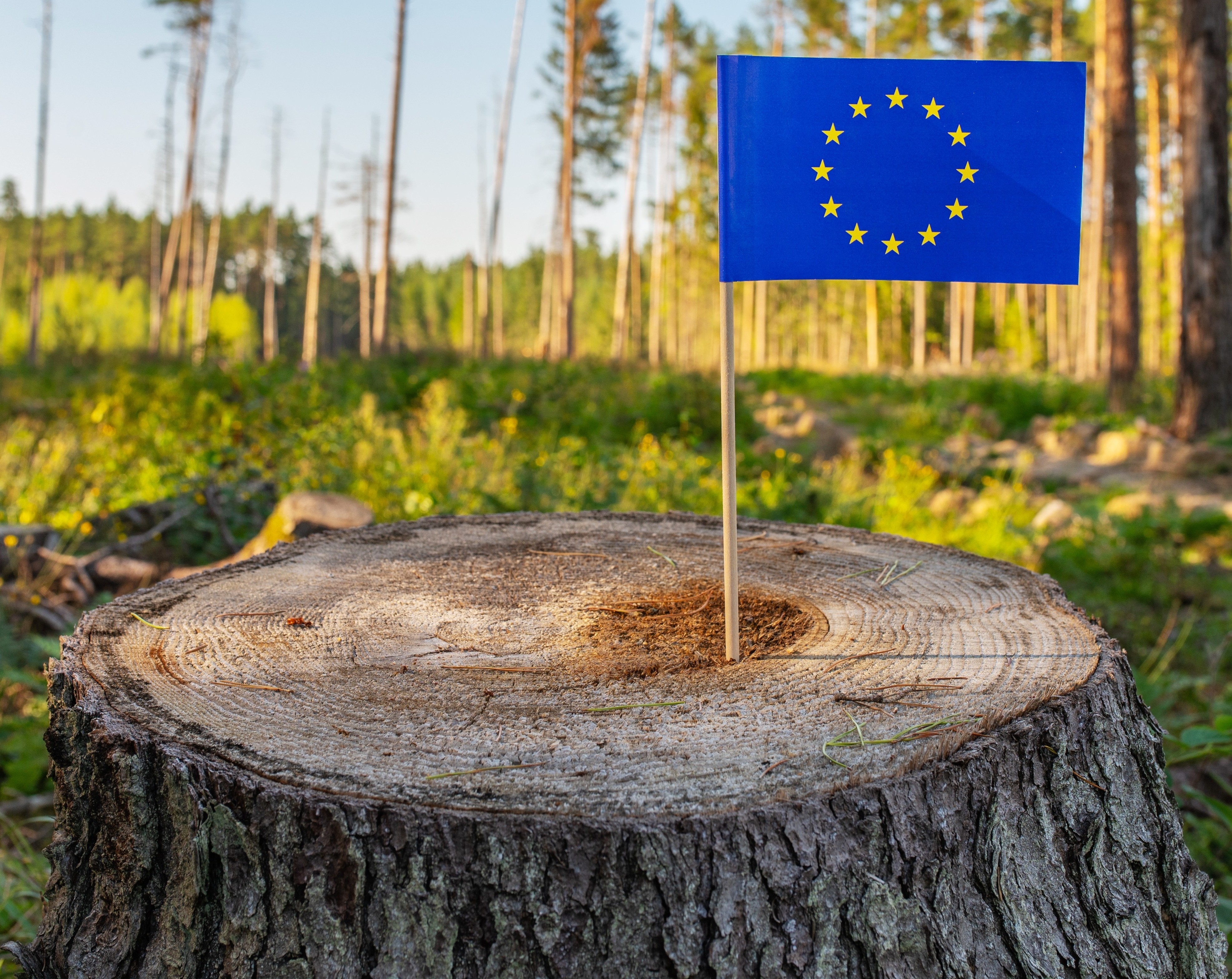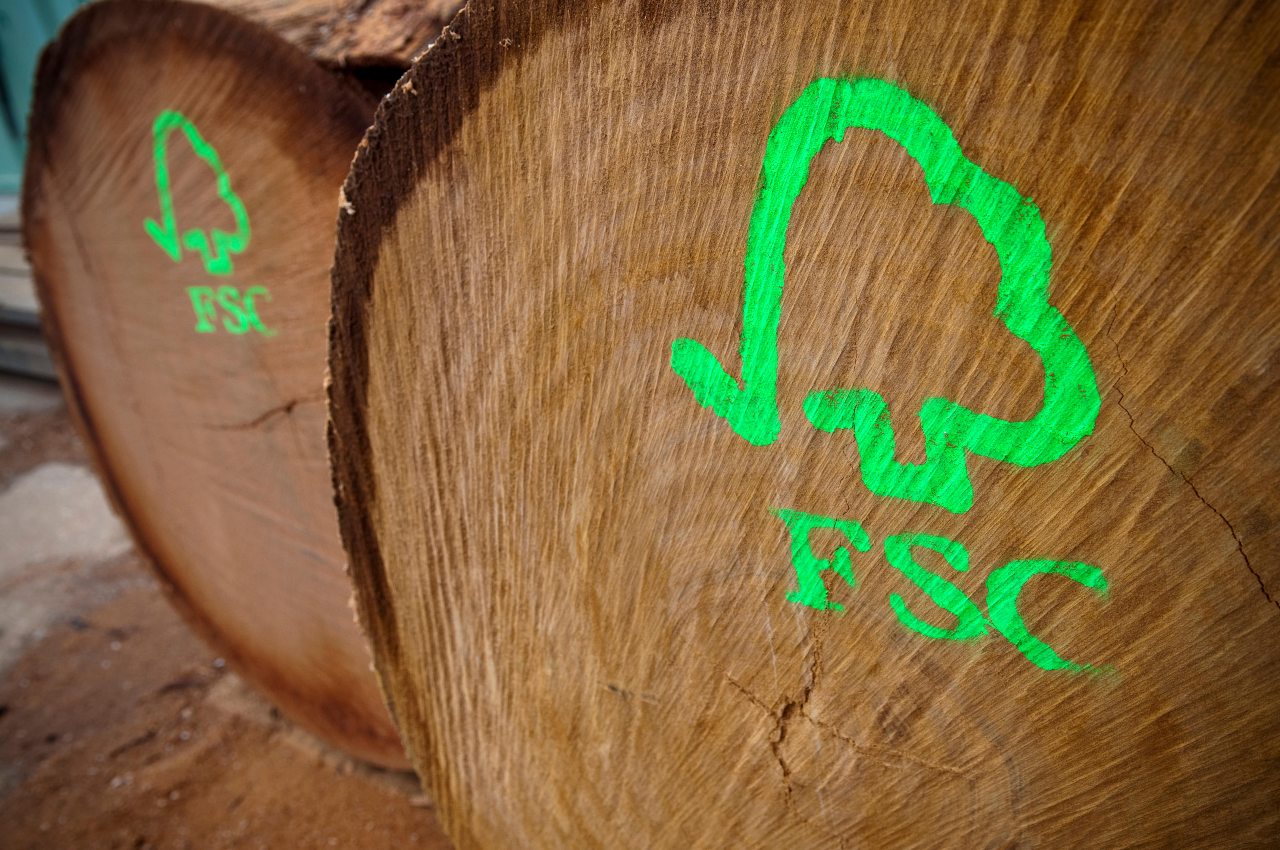Local civil servants and small farmers in the department of Guaviare have accused the governor, large landowners and businessmen of land grabbing and illegal deforestation for oil palm cultivation. Colombia has seen a surge in deforestation over the last three years, much of it associated with agribusiness and land grabbing

A palm oil farmer in Colombia where deforestation linked to the crop's cultivation is rising.
A recent investigation by
El Espectador, a Colombian national newspaper, has revealed that powerful
landowners and businessmen associated with Guaviare’s governor Nebio Echeverry
Cadavid are behind the displacement of peasant families and the illegal
cultivation of oil palm in protected areas.
Guaviare is a department in the
Colombian Amazon that also has areas of savannah and contains part of the
Chiribiquete mountain range, the world’s largest tropical rainforest national
park.
El Espectador had access to
complaints presented by high level civil servants in Guaviare’s government to
Colombia’s public prosecutor denouncing the governor’s complicity in efforts to
clear thousands of hectares of forests, sometimes illegally, for agribusiness
and infrastructure projects. The newspaper also interviewed local small farmers
and the public employees behind the complaints.
It concluded that Echeverry
Cadavid and a large landowner close to the governor, Saúl Aguirre, were behind
efforts to displace peasant families by pressuring them to sell their lands.
Areas from where small farmers were forced to leave have registered an increase
in deforestation for cattle ranching, the newspaper said.
The documents obtained by El Espectador also said that Jorge Gaitán, an oil palm businessman from the department of Meta, is behind the cultivation of hundreds of hectares of oil palm in Sabanas de La Fuga, an area of native savannas in Guaviare.
According
to El Espectador, the plantation is illegal not only because La Fuga is a
protected area but also because Guaviare has an oil palm ban in place.
Gaitán has been named as a
potential candidate for Guaviare’s governorship in the upcoming October
elections, for which he allegedly has Echeverry’s support. The governor has
also spoken out in favour of Gaitán’s palm cultivation in the department. The
two men have denied any wrongdoing.
Deforestation in Guaviare increased by 33% between 2016 and 2017. The country as a whole has seen a surge in forest loss since 2016. It is estimated that in 2018 Colombia lost up to 300,000 hectares (ha) of forests, compared to 124,000ha in 2015.
A recent assessment by
the World Resources Institute ranked Colombia in the top four countries with
the highest levels of loss of tropical primary rainforest last year.
The rise in deforestation since
2016 has been associated with the signing of the peace accords between the
government and the Armed Revolutionary Forces of Colombia (FARC), which has
opened up vast areas, previously closed off by armed conflict, to development
and agribusiness. This has led to a surge
in land grabbing by large cattle ranchers, illegal miners, land
speculators, organised crime, FARC dissidents and coca growers, especially in
the Amazon.



